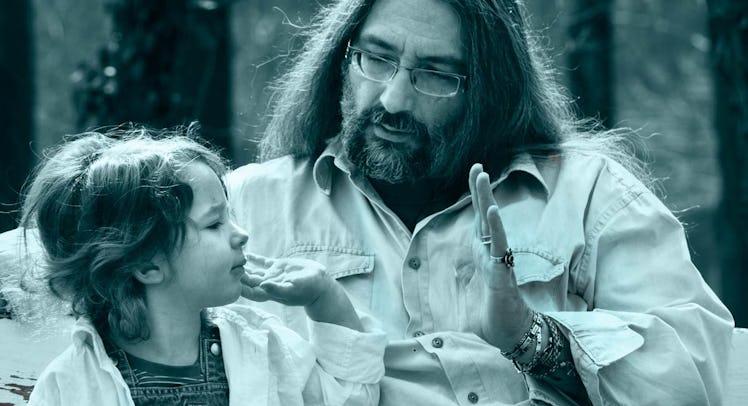How to Praise a Child Without Giving Them a Complex
There’s a goldilocks zone of praise based on recognizing behaviors that build character

There is a goldilocks zone of parental praise that exists somewhere between proudly framing C-grade school work and an indifferent shrug in response to an A+. It can be tough for parents to find kid kudos that are just right. Praise too much and they could raise a selfish, entitled asshole. Praise too little and they could raise a needy, entitled asshole. But the trick is not in keeping a running tally of attaboys, it’s in tuning in to a kid and recognizing the right time (and right way) to nod in approval.
“Yes, children need recognition, but we’ve over-extended it,” says Michele Borba, author of UnSelfie: Why Empathetic Kids Succeed in Our All-About-Me World. “Praise can either boost character or boost narcissism.”
The problem, Borba explains, is that narcissism tends to work against empathy, because children who are focused exclusively on themselves are bound to have trouble stepping into another person’s shoes. The best way to address this dichotomy is not by eradicating narcissism (kids need to be somewhat self-centered to survive and grow), but by building empathy. One way to do that is to show kids that their actions have consequences for others. Many parents consider this best done through punishment. But studies suggest praise works even better—as long as the praise is both well-timed and specific.
“‘You’re such a wonderful human being,’ is a bit nebulous,” says Borba. “Ideally your praise should address your kids character. If you name it, it will go better in your favor.” That means parents should recognize and praise instances of kindness, respect, consideration, and stick-to-it-iveness, calling out those behaviors by name.
Parents should also get specific as to how they recognize stellar behavior. The magic word is “because,” as in, Wow, you are so respectful because you waited patiently for me to finish talking to Mr. Smith before asking me your question. And when parents do praise, they should be careful not to overdo it. Borba explains that, when the zealous praise becomes too common, it gets watered down and becomes meaningless for the kid. “Some parents are a little more cautious about when they praise,” says Borba. “And when they do praise, you can see the joy in the child because it’s earned, it’s deserved.”
“It needs to be genuine and earned,” says Borba. “Not for the heckuvit, but because the kid did do something well.”
How do parents know if their praise is working? The kid keeps doing the good thing, happily and without praise. The behavior has become normalized and actualized. It blends into the fabric of everyday family life. It’s when a child demands the spotlight in exchange for the behavior that the parent should rethink his or her strategy. “If you’re hearing a lot of ‘Didn’t I do a good job?’ it means they’re expecting the praise,” says Borba. This may come with demands for physical rewards if the parent has been doling out more than praise. “Watch out, because if they expect the sticker, pretty soon they’ll expect the Lexus.”